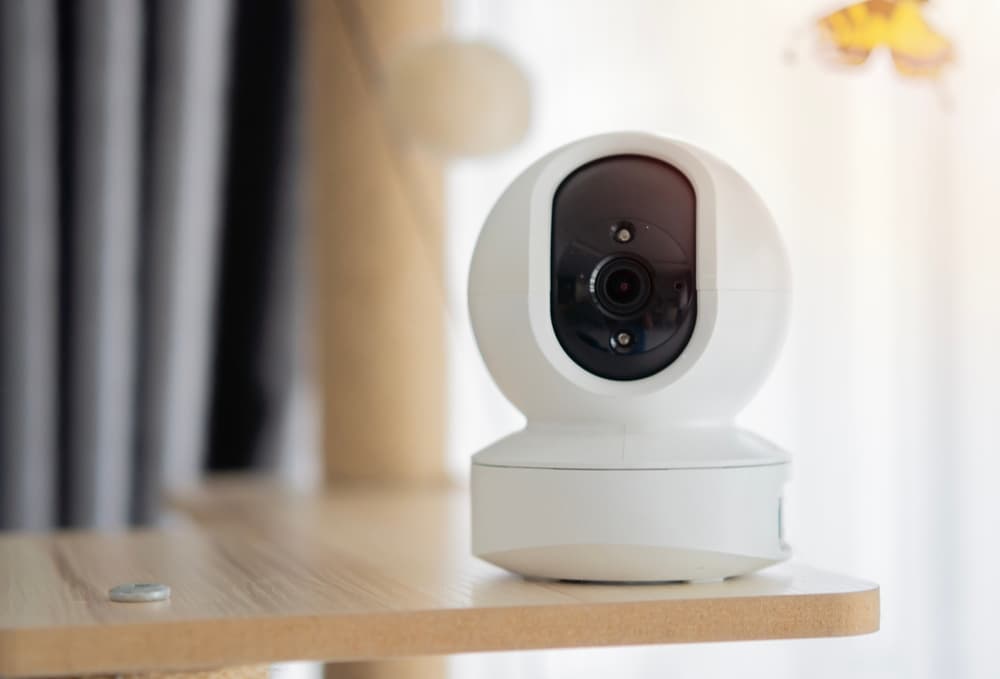Overmedication In Nursing Homes Should You Be Concerned
Waukegan Personal Injury Attorneys You should, indeed, be concerned about overmedication in nursing homes. Although the use of medication in nursing homes is to be expected, there is a line between the appropriate amount of medication and the over...

Waukegan Personal Injury Attorneys
You should, indeed, be concerned about overmedication in nursing homes. Although the use of medication in nursing homes is to be expected, there is a line between the appropriate amount of medication and the over reliance on it to make nursing home residents more easy to manage for staff members. Determining where this line falls can be difficult for caregivers and residents' doctors, especially when dealing with patients whose dementia causes them to become anxious, verbally aggressive, and even violent.
According to a recent report by NPR, approximately 300,000 American nursing home residents currently receive antipsychotic medication. This type of medication was developed to treat conditions like schizophrenia and bipolar disorder, but is often used to sedate individuals who suffer from dementia. These medications also come with the risk of serious side effects that include an increased risk of infection, heart attack risk, and death. If you are concerned that your loved one is receiving antipsychotic medication in his or her nursing home without a true medical need for it, you have the right to investigate the situation with help from an experienced nursing home abuse attorney. Overmedication is a form of physical abuse, just like refusing a patient the medication he or she needs and physical assaults.
How to Recognize Overmedication
When you spend time with your loved one, keep an eye out for clues that he or she is receiving more medication than he or she needs to receive. Do not stop at these clues, though. Discuss his or her medication regimen with the nurse who attends to him or her and do not be afraid to ask questions about how dementia-related aggression and anxiety are handled at the facility. Some facilities are overly reliant on medication to the point of having a “medication first” mentality, meaning that nurses medicate residents without first trying other methods to calm them down or divert their energy. This can be due to a staff shortage or a lack of adequate training for staff members. No matter why it happens, though, it is harmful for the medicated residents.
Some clues that could mean an individual is being overmedicated include:
- A sudden withdrawal from others;
- Changes in his or her appetite;
- Sleeping more than he or she did previously;
- Excessive fatigue or exhaustion;
- An unexplained change in personality;
- Unusual physical symptoms;
- Unexplainable medical complications; and
- Becoming easily confused or seeming “out of it.”
By being a regular presence in your loved one's life, you will be better able to track any changes in his or her health or behavior and speak to the appropriate staff members about it.
What if my Loved One is Being Overmedicated?
If you are concerned that your loved one is being overmedicated and you have solid evidence to believe this is true, contact an experienced nursing home abuse attorney to discuss your options for seeking justice for your loved one. It is illegal for nursing home staff members to use antipsychotic medication to sedate residents simply for their convenience – in order to medicate an individual, there must be a medical need for it. Your loved one's medical record and discussions with his or her doctor will show whether there is a medical need for him or her to receive this type of drug. Both of these are important pieces of evidence you can use to prove your claim in the event you have to take legal action against the facility where your loved one resides.
Waukegan Personal Injury Attorneys
If you have an elderly loved one currently living in a nursing home, you need to be his or her advocate. A key part of advocacy is speaking out against any instances of abuse or neglect that you become aware of and making sure that your loved one is safe. Sometimes, advocacy requires help from an experienced nursing home abuse attorney. If you are in this situation, contact our team of experienced Waukegan personal injury attorneys at Salvi & Maher, LLP to discuss your case during your free initial consultation. We can help you determine the right course of action to protect your loved one and represent his or her interests in court. Call 847-662-3303 or fill out our website contact form today.







